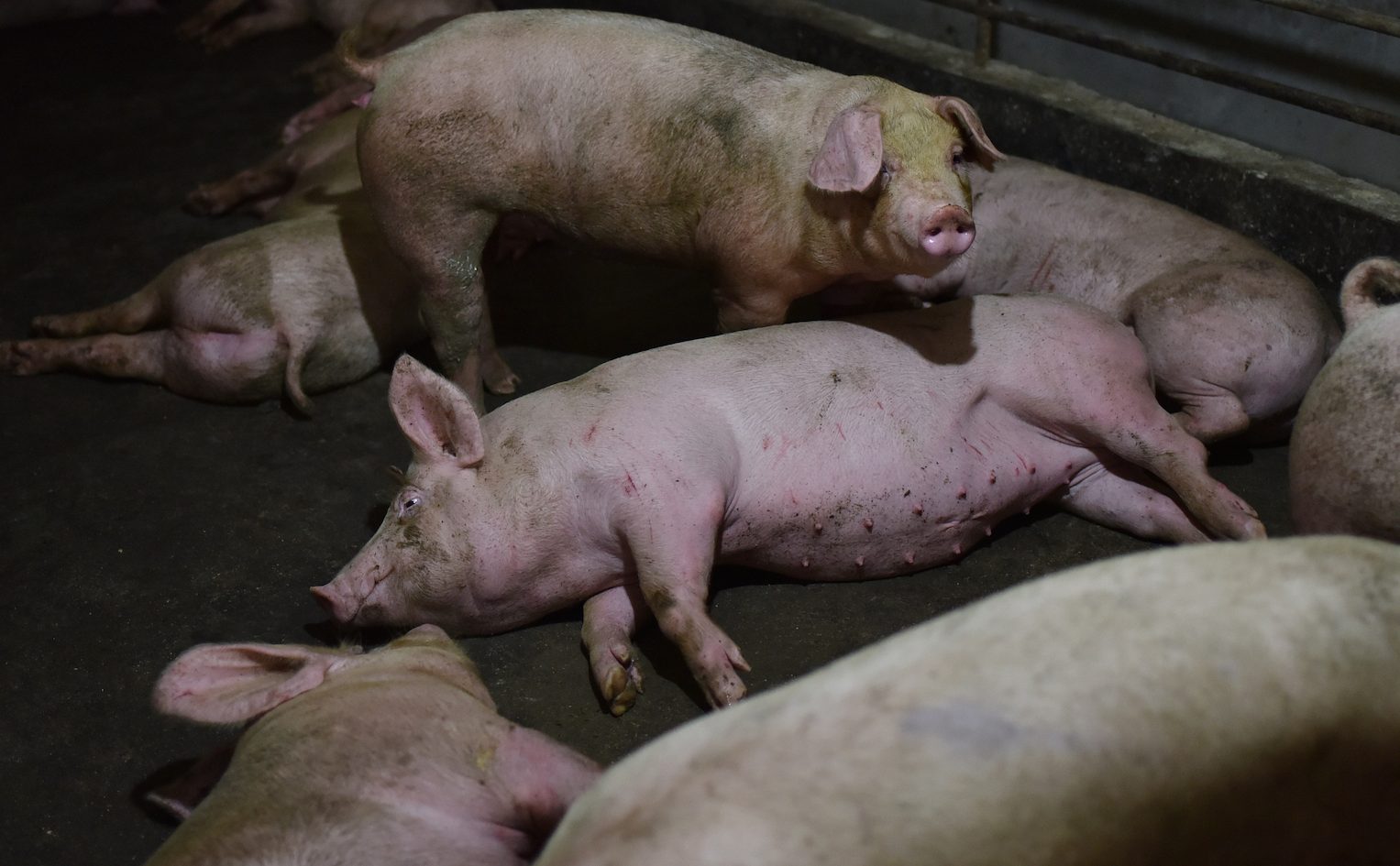(ATF) With Huawei predicting its mobile shipments could fall 60% this year, the company has made a surprising turn – into the pig farming business in China.
On February 19, Huawei announced that suppliers had been told to reduce production. Huawei expects that mobile phone shipments this year will drop by more than 60% to about 70 million units. This follows the company’s mobile phone shipments dropping by 40% in the fourth quarter of 2020.
Banned from receiving high-end computer chips from US and other suppliers, Huawei has announced its entry into the pig industry through a “Smart Pig-Raising Program”.
And as well as the pig industry move, Huawei has established more than 100 research institutes and joint laboratories, with application-oriented labs studying airports, ports and coal, in a bid to provide digital services and software systems for various industries.
As a technology giant, Huawei’s entry into the “breeding industry” is not as surprising as it may seem at first. Many tech firms globally are getting into the food production business and in China this is especially relevant, as food shortages are a major fear because of endemic livestock problems and the rate at which weather-related crises caused by climate change – such as the epic floods in the Yangtze River basin last year – are destroying crop yields.
As an arm of the Chinese government, Huawei is following the first directive of the lunar new year of the Ox to focus on rural affairs and mechanise food production.
Focus on agriculture, rural modernisation
The State Council Information Office held a press conference on Monday February 22 introduce moves to revitalise and ramp up agricultural and rural modernisation. The price of pork is a major topic in China, and it has been on the rise again recently.
Tang Renjian, director of the Central Agricultural Office and Minister of Agriculture and Rural Affairs, said that his ministry has taken a number of measures to support the restoration of pig production capacity and stabilise market supply since last year. Under its original plan, the national stock of pigs was to be restored to its ‘normal’ output – 80% of the level in 2017 – at the end of 2020. By the end of last year, it recovered to more than 92%, which was 12 percentage points higher than expected. So, recently, the impact of that was enjoyed during the “two festivals”, as there had not been such a large increase in price, as seen previously at that time. Overall supply and demand in the market is now good.
Chinese pork production was drastically reduced by African swine flu last year, and officials expressed great fear that imports were infected with Covid-19.
It is expected that the first quarter of this year, by around March, production should increase by about 40% over the same period last year. By the second quarter, around June, the pig stock should be restored to the level of 2017. In the second half of the year, live pig production and pork supply should gradually return to normal levels.
Tang Renjian noted that this year’s No.1 document from the central government attaches great importance to this issue, calling for the basic production of live pigs to be protected and a sound long-term mechanism for stable and orderly development of the pig industry. So that recovery is the current focus, with an aim to make long-term production stable as well.
Recently, Duan Aiguo, president of Huawei’s machine vision field, broke the news in Wei Toutiao that Huawei’s machine vision section had launched a “smart pig raising program.” Duan Aiguo said they wanted to digitize the development of the breeding industry so that it could become ‘intelligent’ and unmanned – what Huawei calls “smart pig raising”.
That means out with the farmers, as this pig raising system is understood to include dashboard monitoring, big data analysis, digital management, support for AI recognition, AI learning, AI prediction and AI decision-making.
But news about Huawei’s cross-border pig raising has caused heated discussion.
Some Sina.com reported that netizens on Weibo believe that Huawei’s “smart pig-raising program” involves a strategic agreement with the Ministry of Agriculture, which will assist farmers and the livestock industry and usher in major changes in the future.
However, some people speculated that the move means Huawei is not developing smoothly in the high-tech field, and suggested that it is a “high-tech company without a core technology.”
But it is not a secret that Huawei and its founder Ren Zhengfei has always been interested in the pig industry.
In an interview with an Associated Press reporter in 2019, Ren said that if he had failed to enter university he would have raised pigs, and he may have been a “pig-raising champion”, because he takes everything seriously.
ALSO SEE:
- Huawei boss looking at opportunities in mining sector
- Huawei challenges US FCC ban, Biden appointee stands firm
- Huawei in talks to sell parts of its smartphone business – sources
- Huawei sells budget Honor brand as US pressure bites
- World splitting into pro- and anti-Huawei camps
- Huawei announces evolution from 5G to 5.5G
























